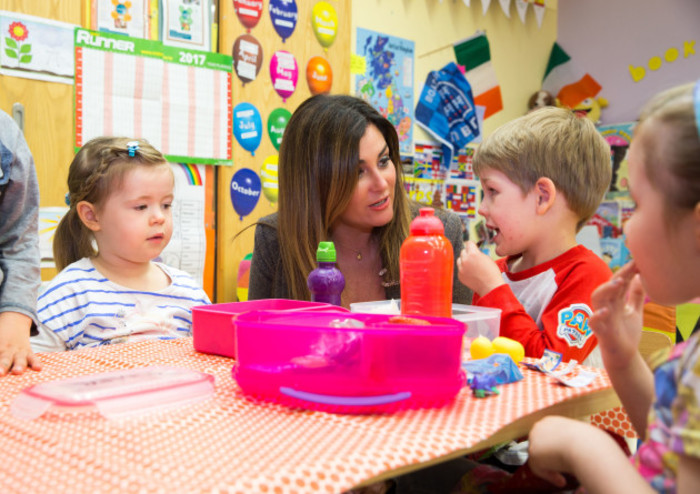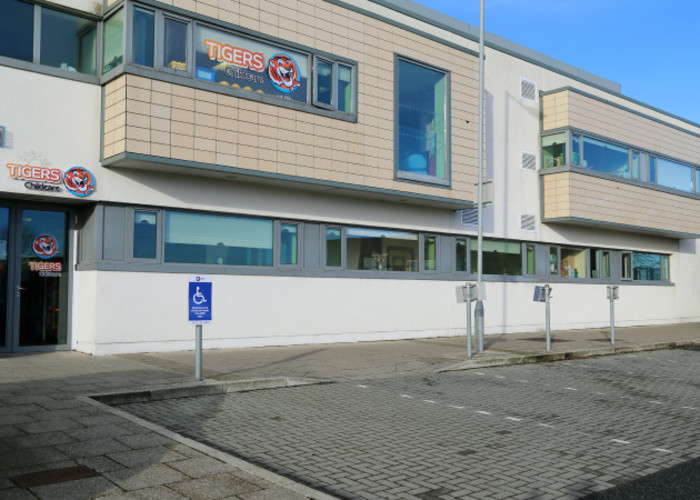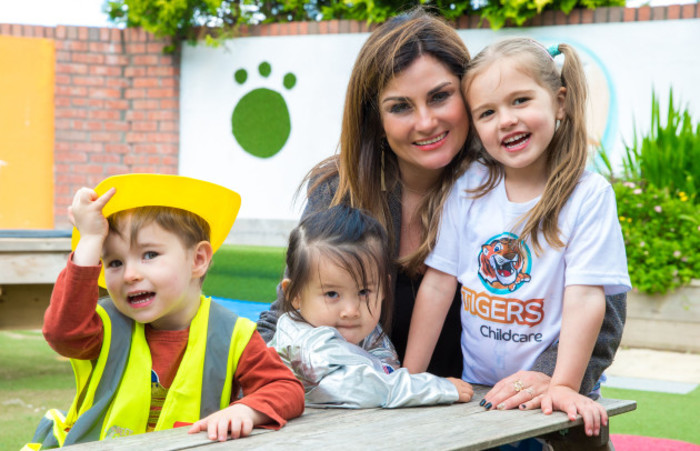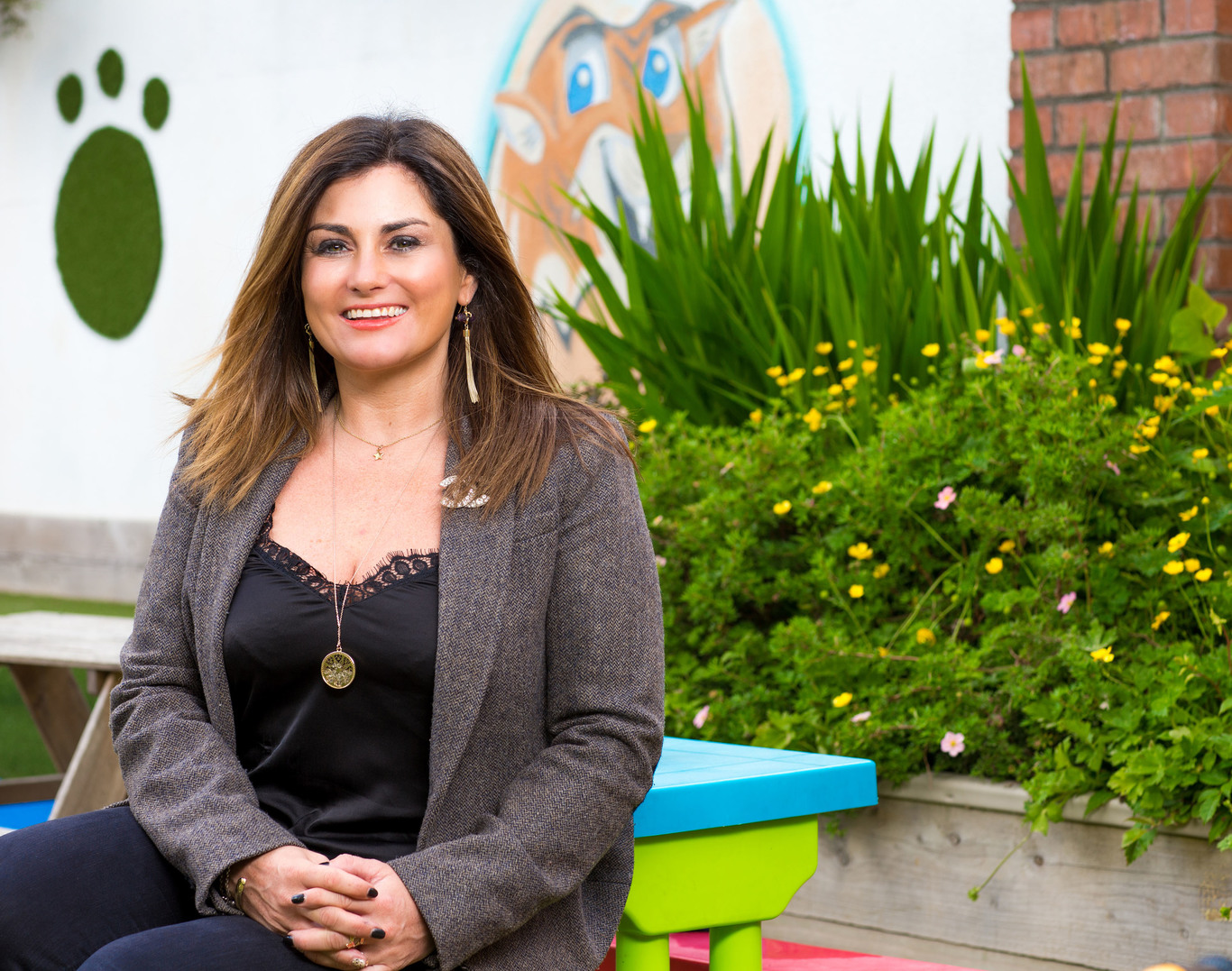‘Childcare isn't one of those industries that you go into to make a huge pile of money’
As part of our How My Business Works series, we profile Dublin-based Tigers Childcare.
WHILE KAREN CLINCE is the first to admit that she has “a bit of a varied background”, becoming an entrepreneur wasn’t necessarily on her career to-do list.
“I left school at 17 and I was very good at business, so I did a diploma in marketing and management and went to work in a software company,” she tells Fora.
However, Clince soon realised that this career wasn’t for her and decided to make a change.
“I’ve always loved children, from the time I was young myself, so I went back and trained as a special-needs teacher,” she says.
“I was 21 at that stage, and I had a little girl myself, so it was really a lifestyle choice for me, something to do while I had a young daughter.”
 Karen Clince
Karen Clince
After completing her new qualification, Clince went to work in St Vincent’s primary school in Glasnevin. However, what she thought would be a fun and flexible job ended up leading to something much bigger.
“It was while I was there that I saw a gap in the childcare market. I grew up in Australia where after-school or pre-school childcare is commonplace for working parents, and I realised there was nothing like that here.
“Any schoolchild at that time was going to a crèche that wasn’t really suitable for their age, so I wanted to design something that was really reaching the needs of children.
“I approached the principal, who listened to my idea and suggested I try it there, giving me a classroom to use for free for the first year.”
In 2003, Clince started her first after-school care centre with 12 children in Glasnevin, in what was the beginning of her business – Tigers Childcare.
Gradual growth
Clince says that she had “absolutely no plan when it started”, but over the next decade she gradually began to roll out the concept to more schools. Then in 2015, she decided to break into the full-day childcare market and bought her first standalone unit in Swords.
“We had space for 79 children and we had it full within the first 12 months with a waiting list,” she says.
After seeing this demand, Clince opened a second unit in Ashbourne the following year and then acquired three units from American company Bright Horizons last August when it left the Irish market.
Tigers Childcare now has a total of 14 centres across the greater Dublin area, including the five standalone units, with around 150 staff on its books and catering to 2,000 children.
 Tigers Childcare Leopardstown
Tigers Childcare Leopardstown
Clince says that having central locations is key to her business model, which wouldn’t work as well in the more rural areas.
“It’s about capacity – we have larger centres that cater for quite a lot of children, and obviously that works best around Dublin and the commuter belt.
“You also find that Dublin is really multicultural. So you have a lot of people living here that don’t necessarily come from Dublin or from Ireland, and you have less family supports to help mind children.
“So we’re best-placed within areas where we have a large number of working parents looking for childcare.”
Childcare challenges
Although the business has experienced significant growth in this period, Clince admits that it “hasn’t all been plain sailing”.
“The recession was very difficult – we had tough decisions to make. We had parents leaving in quite large numbers because they had lost their jobs and then we had to give pay cuts to our own staff,” she says.
However, now that the economic situation has improved, Clince says the business is facing a different set of challenges.
“We’re at a time in Ireland when things are starting to boom again and everyone’s back to work. So we are out the door with people looking for places.
“But at the other end, there’s a staffing crisis. Childcare isn’t one of those industries that you go into to make a huge pile of money, so I suppose when you have a market that’s near enough to full employment, there’s a lot of competition for recruiting staff.”
In terms of the service she provides, however, Clince isn’t too worried about competition.
“What’s different with us compared to some of the other childcare multiples is that many of them are investment led, run by companies that don’t actually understand the complexities of childcare,” she says.
“We’ve realised that in order to have a good service, you have to put money into making sure that these environments are really inviting and good for children, that there’s the right equipment and that rooms are set up in the right way.
“If you put in the hard work and invest in the right team, you’ll have a full centre and a waiting list, and you’ll never have to worry about the business not making money. But if you come in and you see it as a business first, that’s where it falls down.”
Clince adds that the 2013 RTÉ Prime Time investigation into the mistreatment of children at a number of other care facilities had a huge effect on the industry.
“It didn’t affect our business, but I suppose it was kind of a shock to parents and a shock to us over what was going on in the industry. Something good that came out of it was this real push for quality so that led to a good lot of investment in Ireland.”
Expansion plans
Tigers Childcare was started with just a €500 personal loan, but it has now grown into a successful business, posting a slender profit in 2016 despite its rapid expansion.
“We’ve really grown in terms of turnover – it has doubled in the last two years and we expect to make good profit again this year,” Clince says.
“We have a market now that’s quite buoyant in childcare, but it’s also a market ready for growth – we’ve a growing population with a growing need for childcare services. And there’s also no real main player so there’s a real opportunity to consolidate and expand.”
Clince says that in the next five years she plans to have 50 centres in Dublin and the commuter belt through a mixture of organic growth and acquisitions, but she has also been looking further afield for potential opportunities.
“We wanted to see where else our model would work. We found that both Dubai and the UK were really interesting markets but decided that the UK was probably easier to enter because it has well-established regulation and a well-trained workforce, similar to what we have here.”

Tigers Childcare is now expanding to London, putting €1.3 million into the move after winning the contact to run a new, 120-child centre at Elephant and Castle that will open later this year.
Clince says that there are also plans to bring in an equity partner to accommodate quicker growth going forward.
“We want to make sure that we get the model right, like we did in Ireland. But we would like to be up to 18 centres within three years and then progress rapidly after that.”
Even though the company has expanded far beyond its humble beginnings, Clince says that she still tries to be in centres nearly every day to keep a close eye on operations and to work with children, which is what got her into this business in the first place.
“Setting up the company in a way that I am still free to do that is really important and will continue to be important for our growth,” she adds.
“I never expected to be where I am but I’m still doing a job that I absolutely adore and I think we’ve done something that’s working really well.”
This article is part of our weekly series examining the nuts and bolts of businesses. If you would like to see your company featured please email news@fora.ie.







